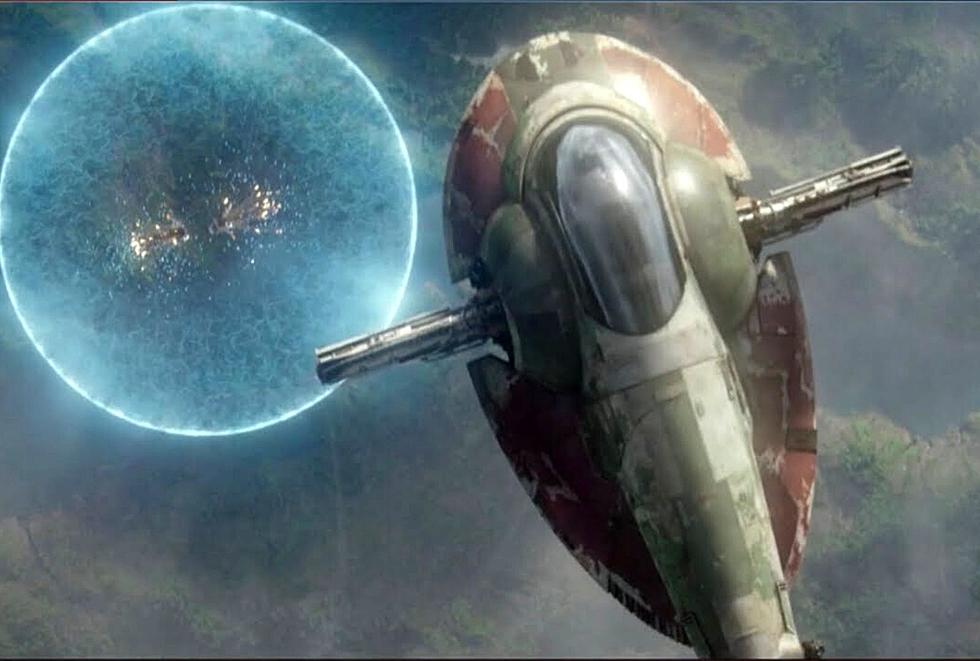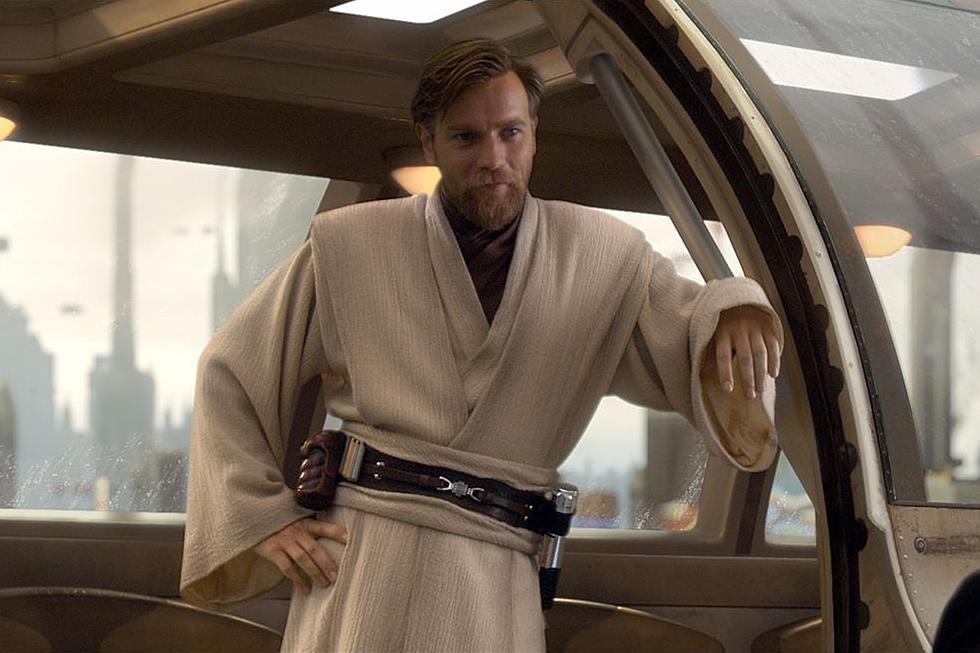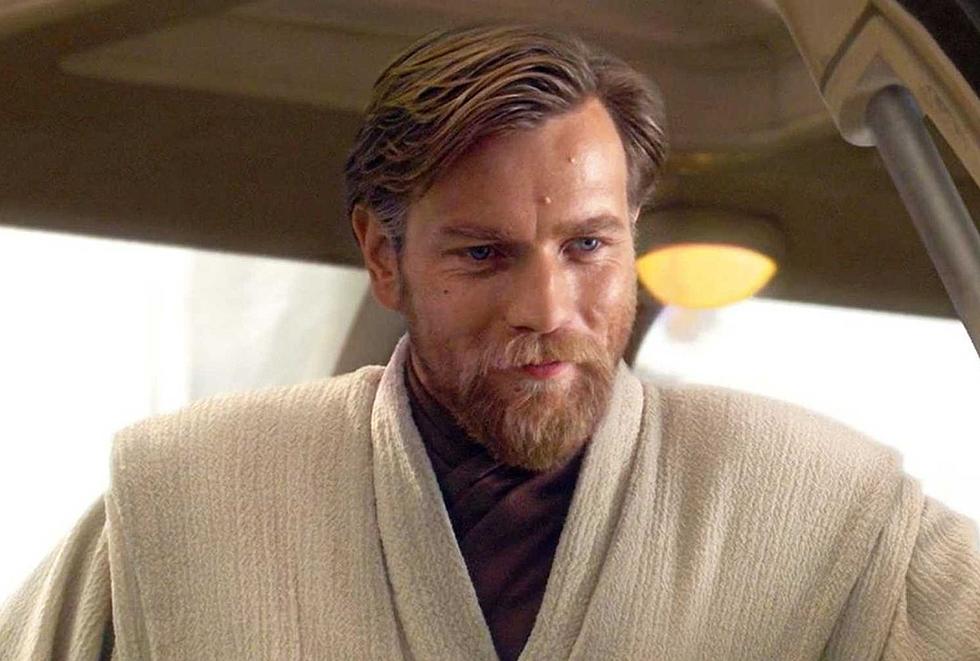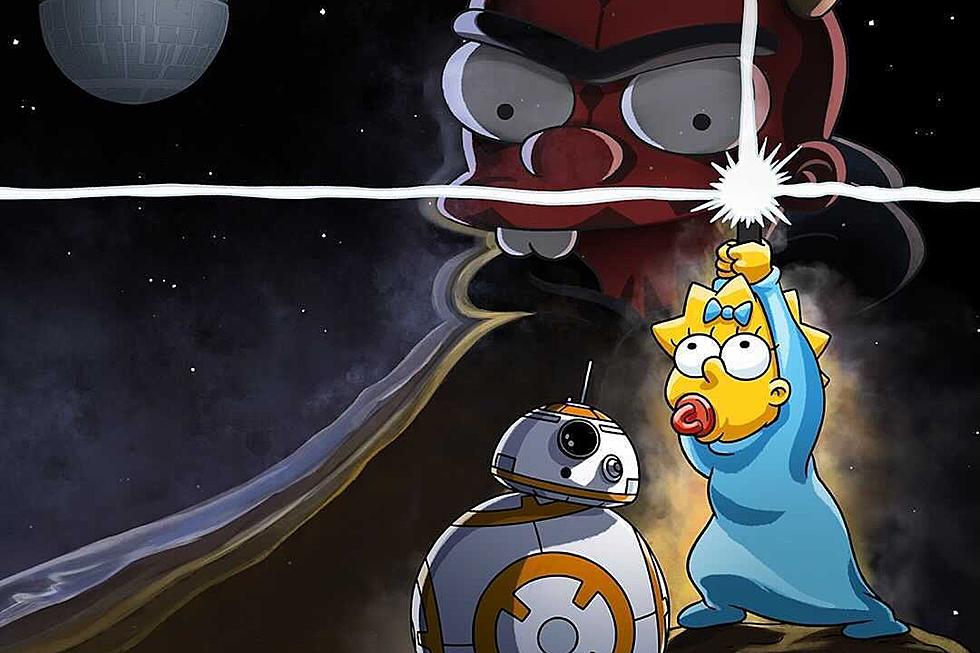
After All the Hype, ‘The Rise of Skywalker’ Is Still a Mess
There’s a precise moment, down to the second, when Star Wars: The Rise of Skywalker loses me. At exactly 43 minutes into the film, Chewbacca appears on the screen, alive and well, after he’s “died” in an explosion. A few scenes prior, Chewie gets captured by the First Order and brought to a transport ship. Rey attempts to stop the transport with the Force, but her foe and love interest Kylo Ren uses the Force to stop her. After a tug-of-war, Rey loses control of her powers and releases a wave of lightning bolts. The transport blows up. R.I.P. Chewbacca.
The explosion happens just before the 40-minute mark of Rise of Skywalker. So Chewbacca stays dead for three minutes.
The 180 seconds where Chewbacca had apparently passed on are the most exciting in all of The Rise of Skywalker. For that brief moment, it looks like the final Star Wars film might do something unexpected with the material. Instead, Chewie’s death is reversed so quickly that the audience learns he’s still alive before Rey and company get all choked up and agree to continue their quest because, darn it, that’s what Chewbacca would have wanted. Perhaps if Chewie really had died in some noble, heroic way, it might have lent that scene some emotional impact. But he‘s fine — and even worse, the viewer already knows he’s fine — so it doesn’t matter.
So much of The Rise of Skywalker feels that way. Rather than doing new things within the Star Wars galaxy, it focuses on undoing what’s already happened — up to and including events that happen earlier in The Rise of Skywalker. Revisiting the film for the first time since its release, I hoped it might looks better now that we’re many months removed from the enormous hype and the even-more-enormous pressure to conclude the Star Wars saga in a satisfying way. Instead, the film plays even worse than before.
It should be said that the film’s creators, primarily director/co-writer J.J. Abrams, faced an uphill battle on The Rise of Skywalker that makes the Resistance’s final stand on Exegol look like a day on Canto Bight. If Abrams had grand plans for this final trilogy of Star Wars movies when he made The Force Awakens, they weren’t necessarily followed by Rian Johnson when he developed The Last Jedi. Johnson took the groundwork Abrams’ laid and largely followed it to his own ends. When Abrams agreed to return for Episode IX, replacing the original director, Colin Trevorrow, he inherited at least two other filmmakers’ storylines and plot twists.
He also inherited another problem: The tragic death of Carrie Fisher before the start of production. At that point, even if this recent Star Wars trilogy had an overarching plan — and seemingly it didn’t, which is absolutely bonkers — Abrams would have had to throw most of it out anyway, because Fisher was no longer present to execute it. A franchise without Star Wars’ history would have probably cast a new actor as Leia, the way Harry Potter did with Dumbledore after Richard Harris passed away. Instead, Abrams wrote new scenes for Leia by repurposing deleted footage of Fisher from The Force Awakens, That decision kept the character present in the story, albeit in a marginal and largely superfluous role.
Really, though, most of the characters in The Rise of Skywalker are marginal and superfluous, up to and including several top-billed actors. In the months after The Rise of Skywalker’s release, actor John Boyega voiced his own disappointment with his character Finn’s Rise of Skywalker storyline — or lack of one. “They gave all the nuance to Adam Driver, all the nuance to Daisy Ridley. Let’s be honest,” Boyega said at the time.
Looking back at the movie, he was absolutely right. After being introduced as almost a co-lead to Rey in The Force Awakens, reformed Stormtrooper Finn spent much of The Last Jedi off on a side quest with Kelly Marie Tran’s Rose, a relationship that doesn’t even pay off in The Rise of Skywalker. Finn spends the final film mostly ignoring Rose while he frets about Rey while she mostly ignores him. (She’s too busy training as a Jedi, exploring her past, and pining for Adam Driver’s Kylo Ren.) One of The Rise of Skywalker’s most notorious subplots sees Finn blurt out that he needs to tell Rey something during a particularly fraught moment. When they both survive, Finn clams up. His secret gets brought up a few times, but it never gets revealed.
The Rise of Skywalker is strewn with dangling, unsatisfying plot threads like that. Again, some of that may have been an unfortunate byproduct of Fisher’s passing and the need to rework the movie around her. Even so, that doesn’t explain or excuse the baffling choices that have nothing to do with Leia or her storylines. Why spend the first act emphasizing C-3PO’s annoying chattiness and how much he gets under Rey, Finn, and Poe’s skin if you were going to give him an emotional “death” scene that tries to play on the audience’s sympathies as he takes “one last look” at his friends before he gets his mind erased by the adorable alien Babu Frik? And if you’re going to make such a big deal of C-3PO erasing his memories “forever,” why make it so easy for R2-D2 to restore them a couple scenes later? (Also, C-3PO, these people clearly hate you. You should definitely not sacrifice yourself for them.)
Friendship is easily the biggest and strangest theme in the film. After fan complaints that The Last Jedi split up its core characters, The Rise of Skywalker keeps them together on a journey to find a MacGuffin that will lead them to Exegol, where a revived Emperor Palpatine has somehow built his “Final Order.” (I guess explaining how one guy built an army of followers and a gigantic armada on a planet that’s impossible to find while he was dead was just one of those things that was too cool to show onscreen.) Rey, Finn, and Poe talk about sticking together and trusting one another, and of course they celebrate their final victory with lots of tearful embraces.
Up until that point, however, the characters seem to like each other only slightly more than they tolerate C-3PO. Rey is especially prone to wandering off, leaving her friends to fight and possibly die alone while she follows her Force instincts — perhaps because Abrams is only interested in the Rey character, her disputed parentage, and her frenemy relationship with Kylo Ren. The question of whether Rey should have been a “nobody” or the daughter of some all-important Jedi is a matter of personal taste. But relitigating her mysterious origin in a second straight film following The Last Jedi is a waste of time that could have been spent bringing new dimensions to Finn or Poe or even to Rey — like giving her a reason for her last-minute 180 after she spends the whole film insisting she needs to do things on her own only to send a message to her friends to join her on Exegol for the final fight with the Emperor.
It’s not just about Rey, though. The Rise of Skywalker also retcons Supreme Leader Snoke (he was a Palpatine clone!), the Holdo Maneuver (it’s a million to one shot so no one can ever try it again!) and even Kylo Ren’s helmet (he likes it after all!). Granted, a lot of Star Wars is about the past, and the nature of generational legacies. It would be silly to make a Star Wars film that ignored the earlier ones. But in those stories, the characters try to understand and learn from the past. The Rise of Skywalker is fixated on changing it or erasing it completely, like C-3PO’s memories or Palpatine’s death or Rey’s Last Jedi origin story. That gives the whole story a weightless feeling. If anyone who dies can come back to life, why should we care about the characters onscreen? If anything that happens can be undone, why should we believe it when people claim this is the Resistance’s “last stand?”
If anything does matter in The Rise of Skywalker it’s the sheer craftsmanship on display; the magnificent costumes, the intricately detailed props, and the gorgeously realized alien worlds of the Star Wars galaxy. This rewatch also made me appreciate just how effectively John Williams’ final Star Wars score weaves together 40-plus years of musical themes to bring this sonic story to a close. The rest, though, I wouldn’t mind getting erased from my memory by Babu Frik.
Gallery — Every Star Wars Movie Ranked From Worst to Best:
More From KLUB Tejano 106.9










